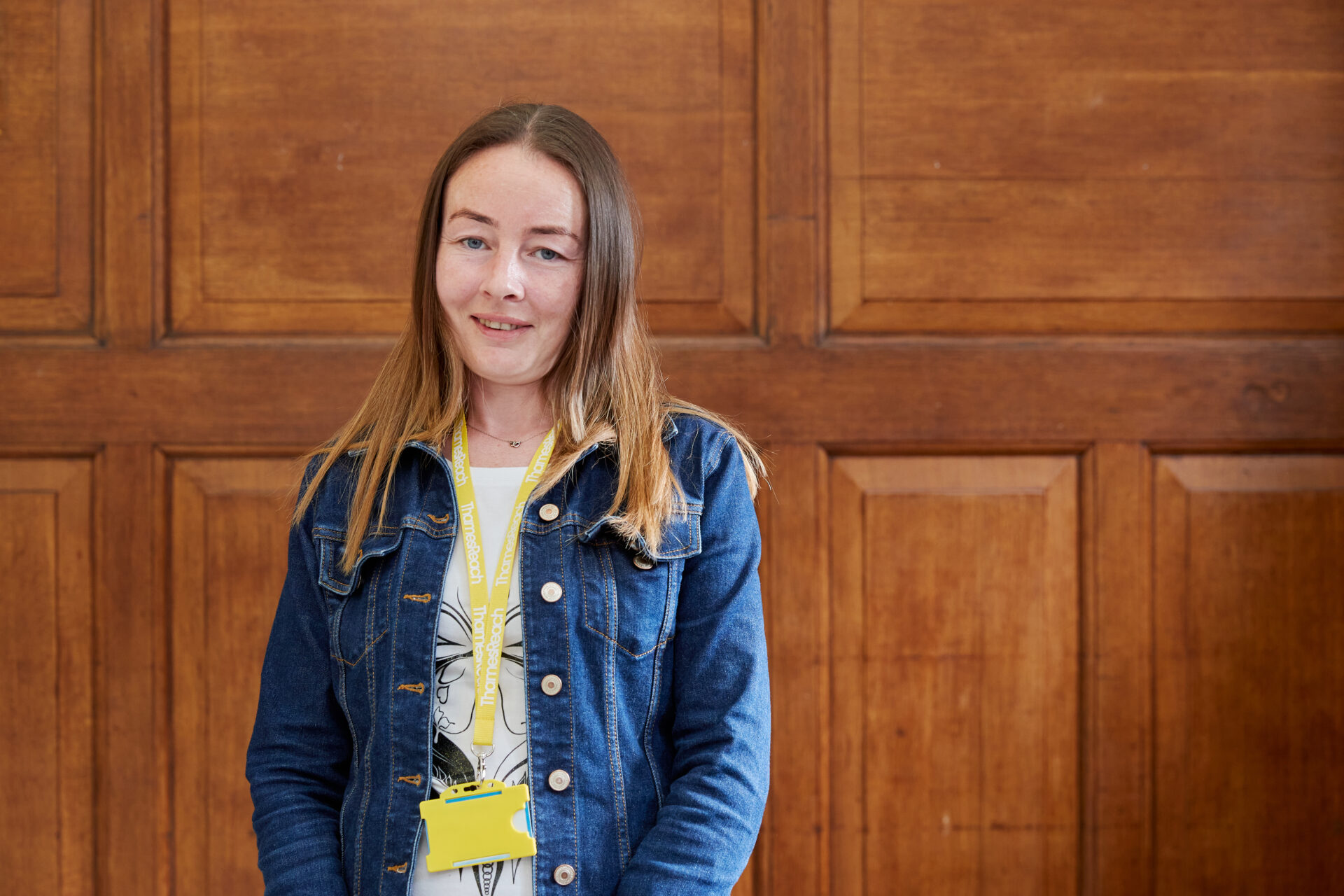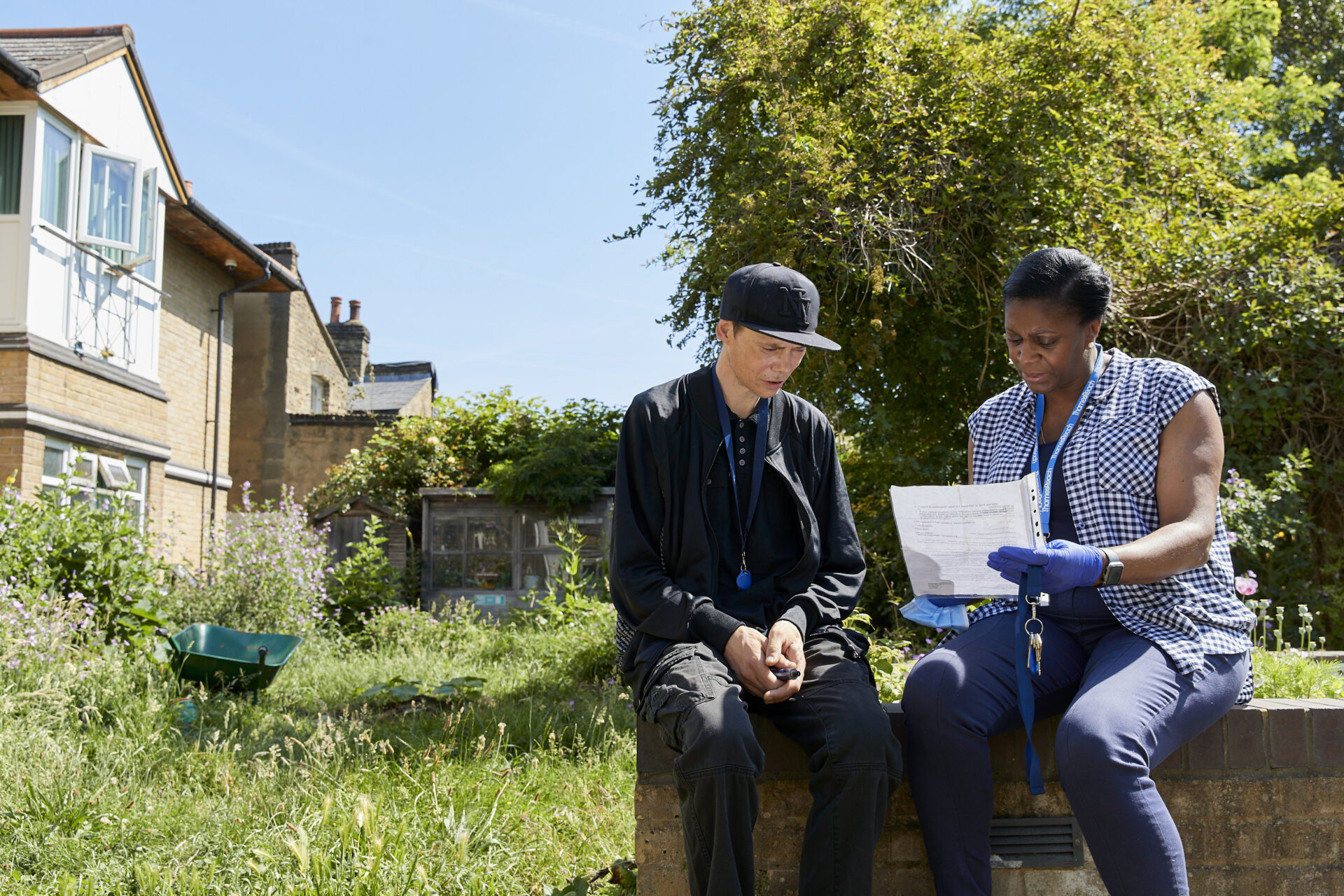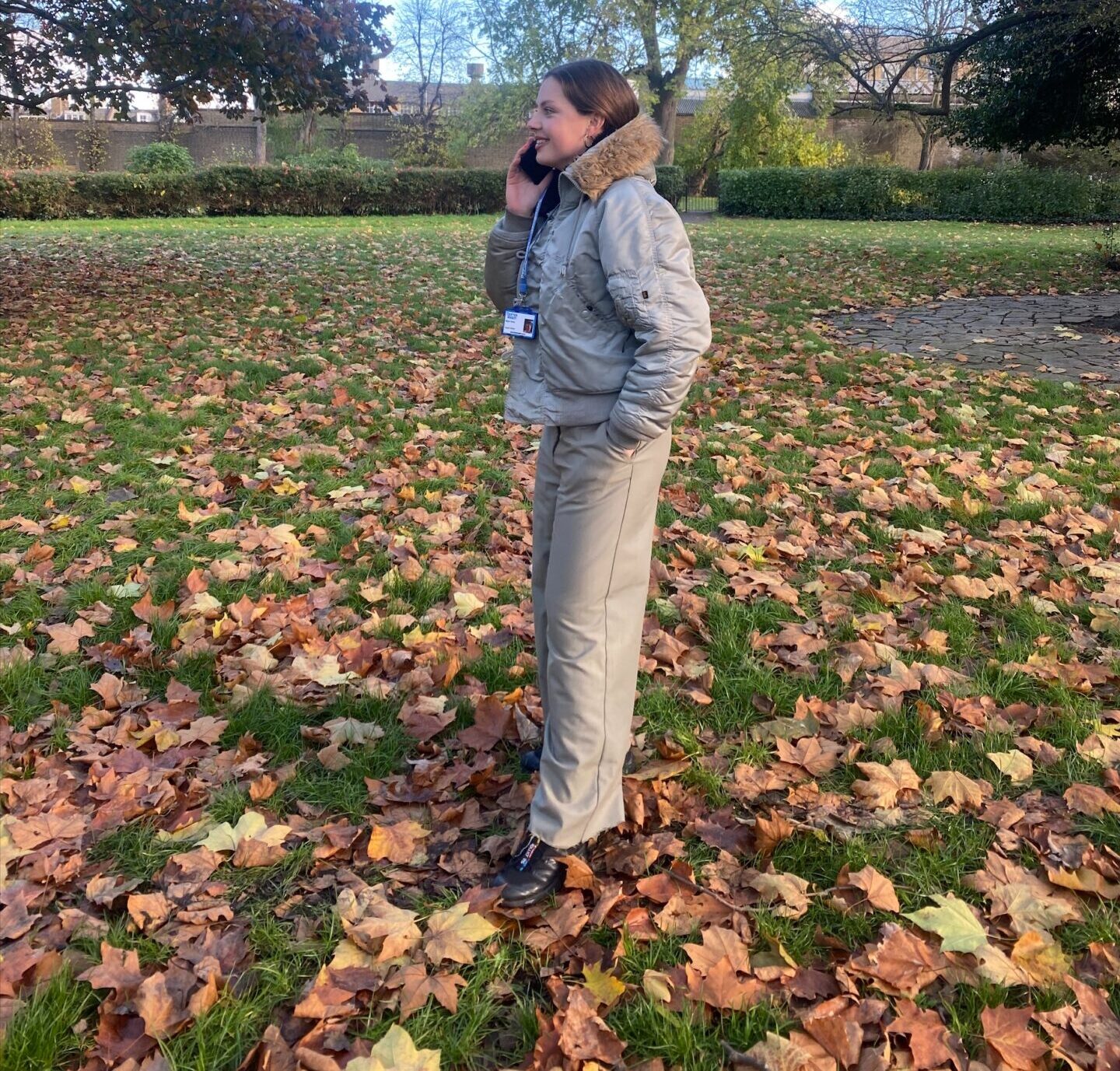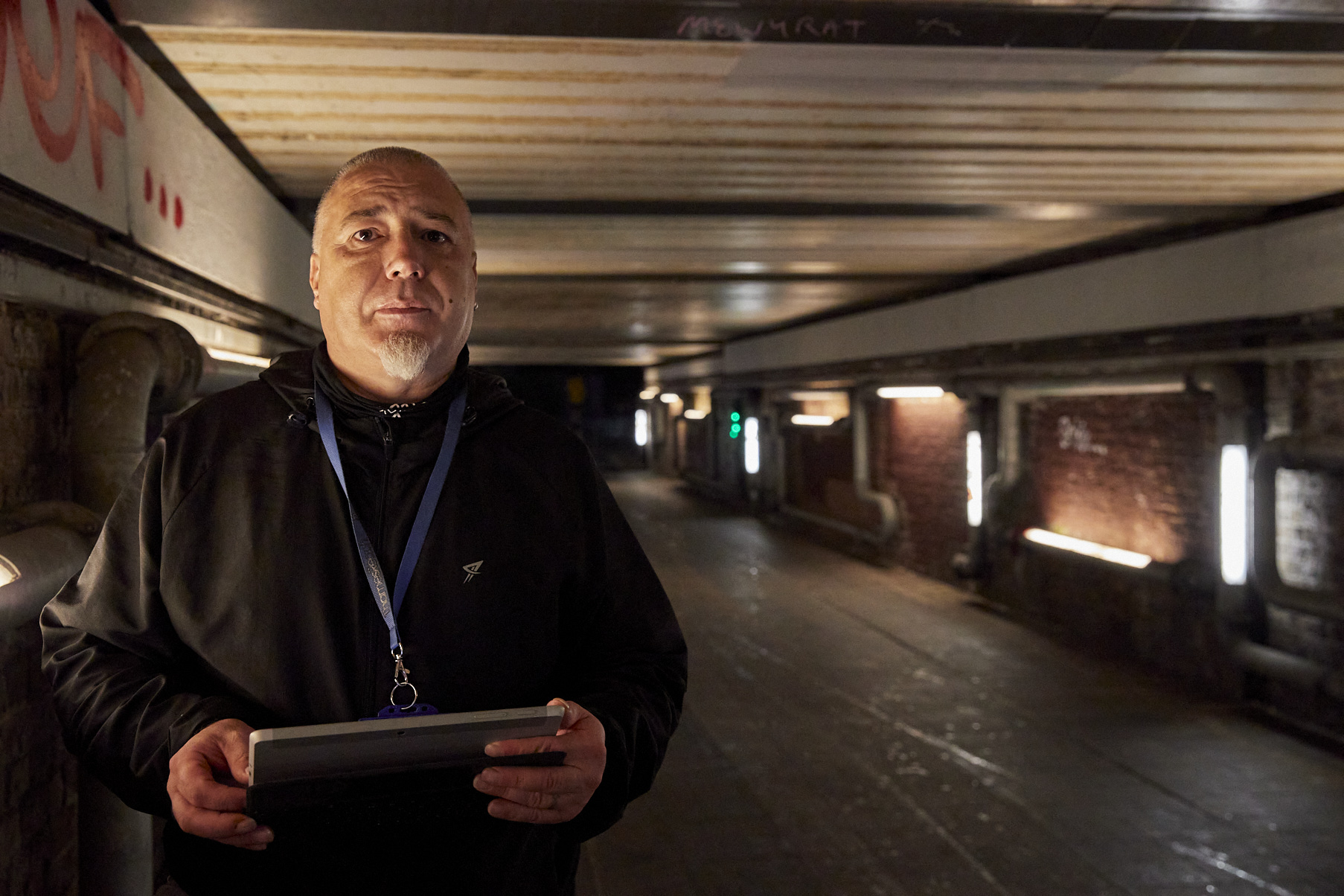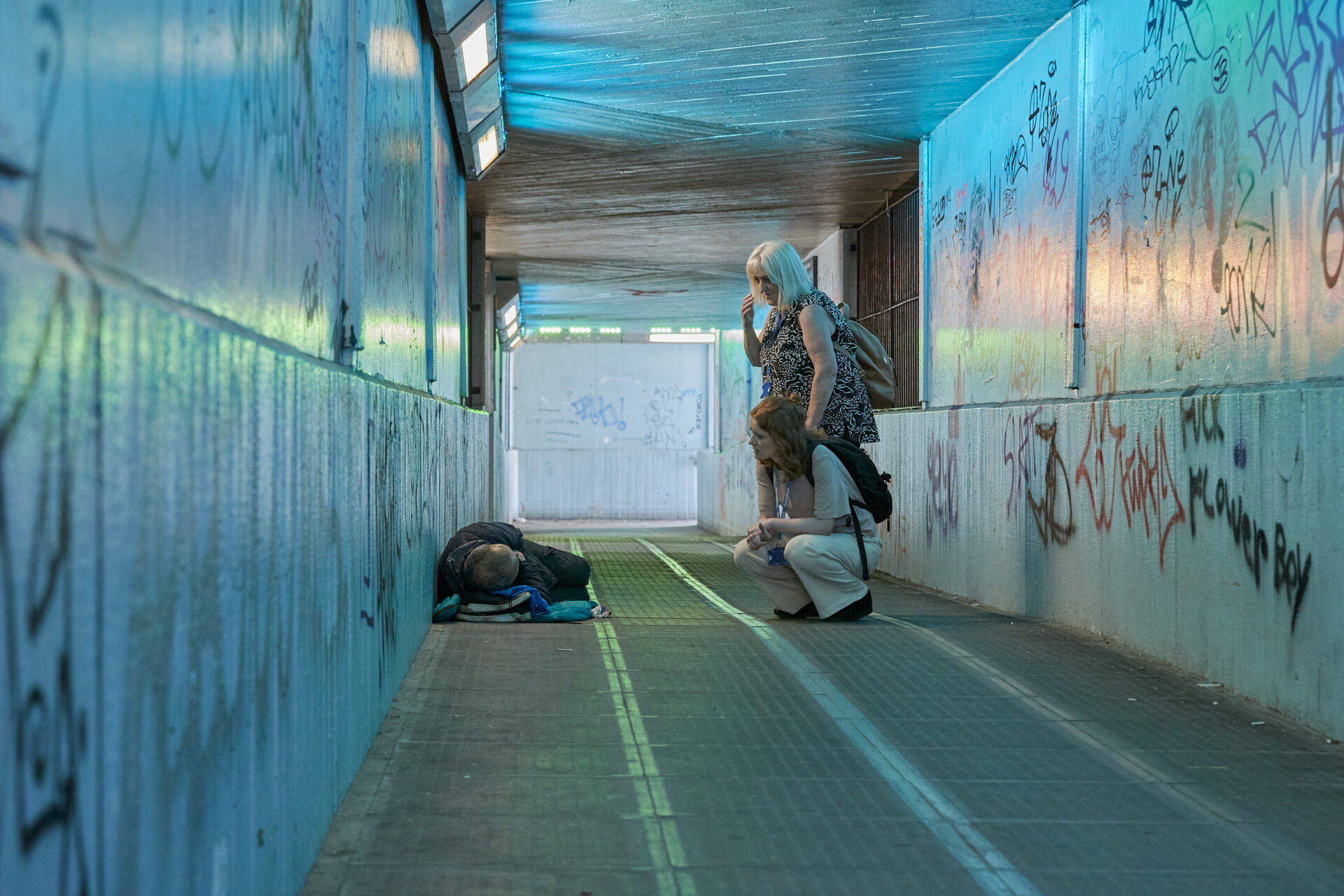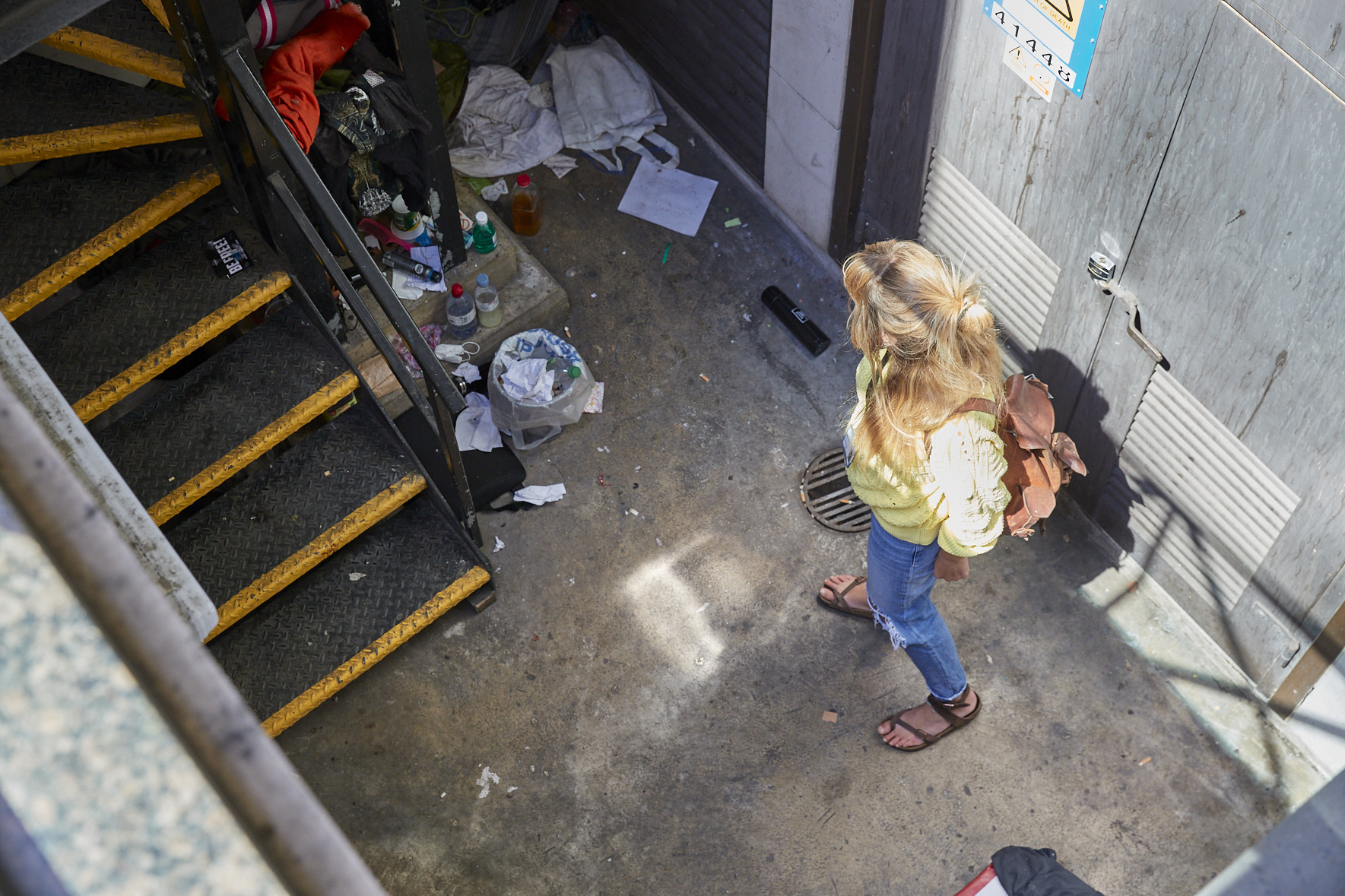Home Office acceleration of asylum claims leading to a fivefold increase in rough sleeping
Thames Reach is concerned that the recent Home Office acceleration of asylum claims is leading to an increase in the number of people rough sleeping in London
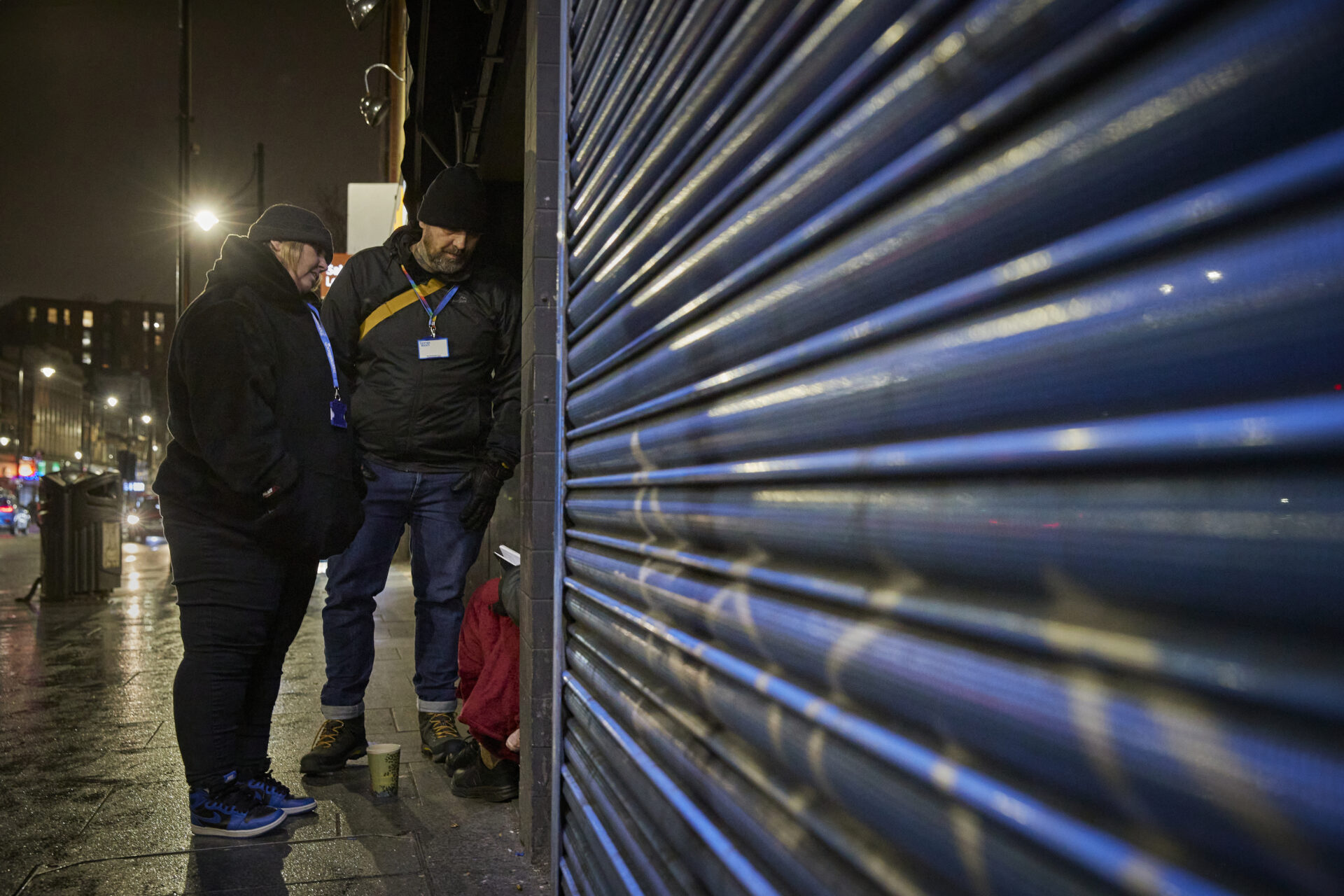
Thames Reach is concerned that the recent Home Office acceleration of asylum claims is leading to an increase in the number of people rough sleeping in London – in direct contradiction to the Government’s commitment to end rough sleeping for good.
The Home Office has sped up the processing of asylum claims recently in an effort to reduce the backlog of applications. But due to short notice periods, and a lack of quick support available to access the help they are entitled to, we are worried that many of those granted leave to remain will be unable to find accommodation in the short amount of time provided and end up having to sleep on the streets.
Newly recognised refugees and asylum seekers receive a ‘notice to quit’ from Home Office accommodation once their claim is approved – previously they had 28 days to find alternative accommodation, but by the time they receive the notice the actual time available can be as little as 7 days. For people who are not eligible for emergency council accommodation, the current rental market makes it impossible to find somewhere to live in this short amount of time.
This year, our outreach teams are seeing far higher numbers of former asylum seekers sleeping rough following a positive Home Office decision compared with 2022 – with a fivefold increase recorded as of October 2023. We are concerned that these numbers will increase even further.
Bill Tidnam, Thames Reach Chief Executive, says: ‘We are really concerned that we are seeing increased numbers of former asylum seekers sleeping rough, and that this is likely to increase further without action from government. We need extended notice periods and better support for people being evicted from Home Office accommodation, so that there is a chance for them to find housing before they end up on the streets.’


